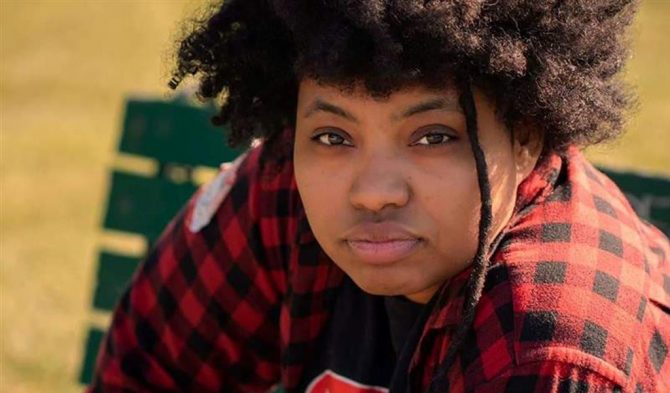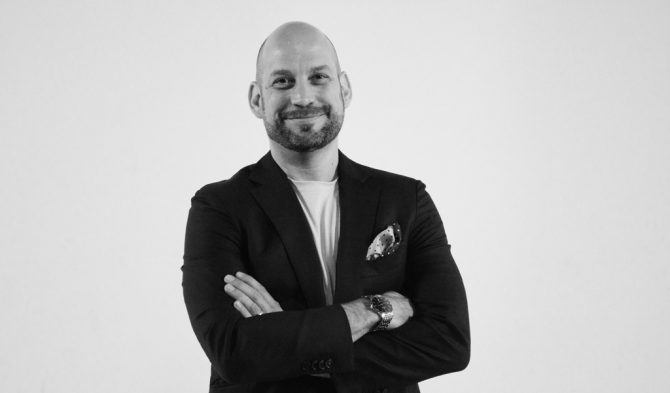Coaching Creatives | The Importance of Mentorship Opportunities for Emerging Artists
Steven Spielberg once said, “The delicate balance of mentoring someone is not creating them in your own image, but giving them the opportunity to create themselves.”
Over the last month, three members of the Toronto Film School community won just that type of coaching under the tutelage of variety of industry insiders, courtesy of some esteemed mentorship awards:

Tim Myles, a Class of 2016 Acting for Film, TV & the Theatre alumnus and member of Miawpukek First Nation, was recently announced the winner of the 2020 imagineNATIVE + LIFT Mentorship Grant. Read his story here.

Cheyenne “Casper” Lynn, a 2019 graduate of the Film Production program, was named a recipient of the Toronto Screenwriting Conference’s Magee TV Diverse Screenwriters Mentorship Award. Read their story here.

Andrew Hopps, a current Online Writing for Film & TV student, was announced one of just 10 winners of the Inroads Screenwriting Fellowship. Read his story here.
While each award comes with its own set of financial perks, the even bigger incentive to each is undeniably the mentorship opportunities that accompany them.
“From my experience with mentorship, the value of a mentor is that they can really slingshot your career,” confirmed Andrew Barnsley, Toronto Film School’s Executive Producer in Residence.
“A mentor can not only offer guidance and direction, they can also tap into expertise and relationships – and when you’re able to do that, it really enables you to fast-track what you’re exposed to in terms of experience and relationships. And that’s how you build a career.”

In terms of his own path to becoming one of the Emmy-winning executive producers of Schitt’s Creek, Barnsley said he owes much of his success to three very important mentors: Dave Smith of S&S Productions, who taught him the business side of television production; Brian Edwards of Rocklands Entertainment, who taught him the value of building relationships with talent; and Peter Sussman of Alliance Atlantis, who showed him the way to take his career to an international level.
“I wouldn’t be doing what I do today, if it wasn’t for those three people,” he said, noting he remains in close contact with each.
“A lot of people think of that mentor-mentee relationship as something that you want to seek out and prioritize at the beginning of your career, but it’s something that I still seek out to this day…Learning the value of mentorship early on in your career will help you understand the value of those relationships over the course of your career.”
With that in mind, Barnsley advised Myles, Lynn and Hopps to go into their respective mentorships in the coming months with an eye towards building the foundations of career-long relationships.
“A mentee isn’t just there just to absorb and listen; that relationship needs to be a dialogue. Both parties need to be investing in each other and building a real relationship,” he added.
“I also think you can have more than one mentor at any given time – it’s not an exclusive relationship. There’s lots to learn from lots of people, and it’s important to seek as much advice and as much guidance from people who have done what you’re interested in doing as possible.”


